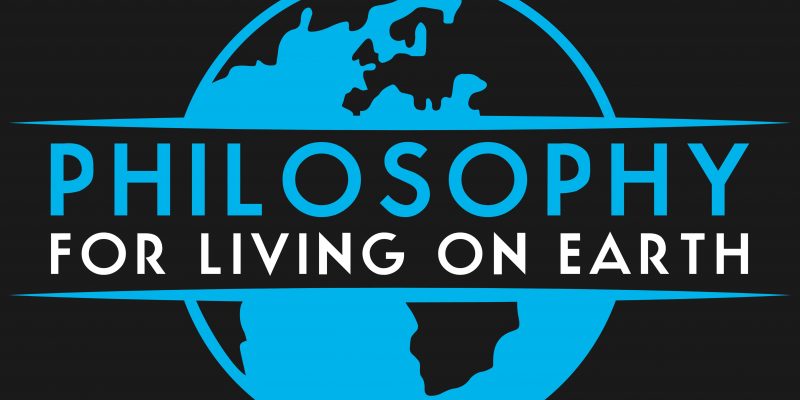What explains the major developments and trends that have shaped our world through the ages? Human history is complex and, obviously, there are many factors involved. And some of the questions raised are these: Is there a fundamental cause that explains the big picture? Is there an ultimate cause that directs the overall sweep of history?
Ayn Rand, the iconic American novelist and philosopher, argues that there is. In her view, the primary force that drives history is philosophy—the basic philosophic ideas that shape people’s beliefs and values and, therefore, their choices and actions.
Join Keith Lockitch and explore the question: What drives history?
Podcast: Play in new window | Download (Duration: 1:02:33 — 57.3MB)
